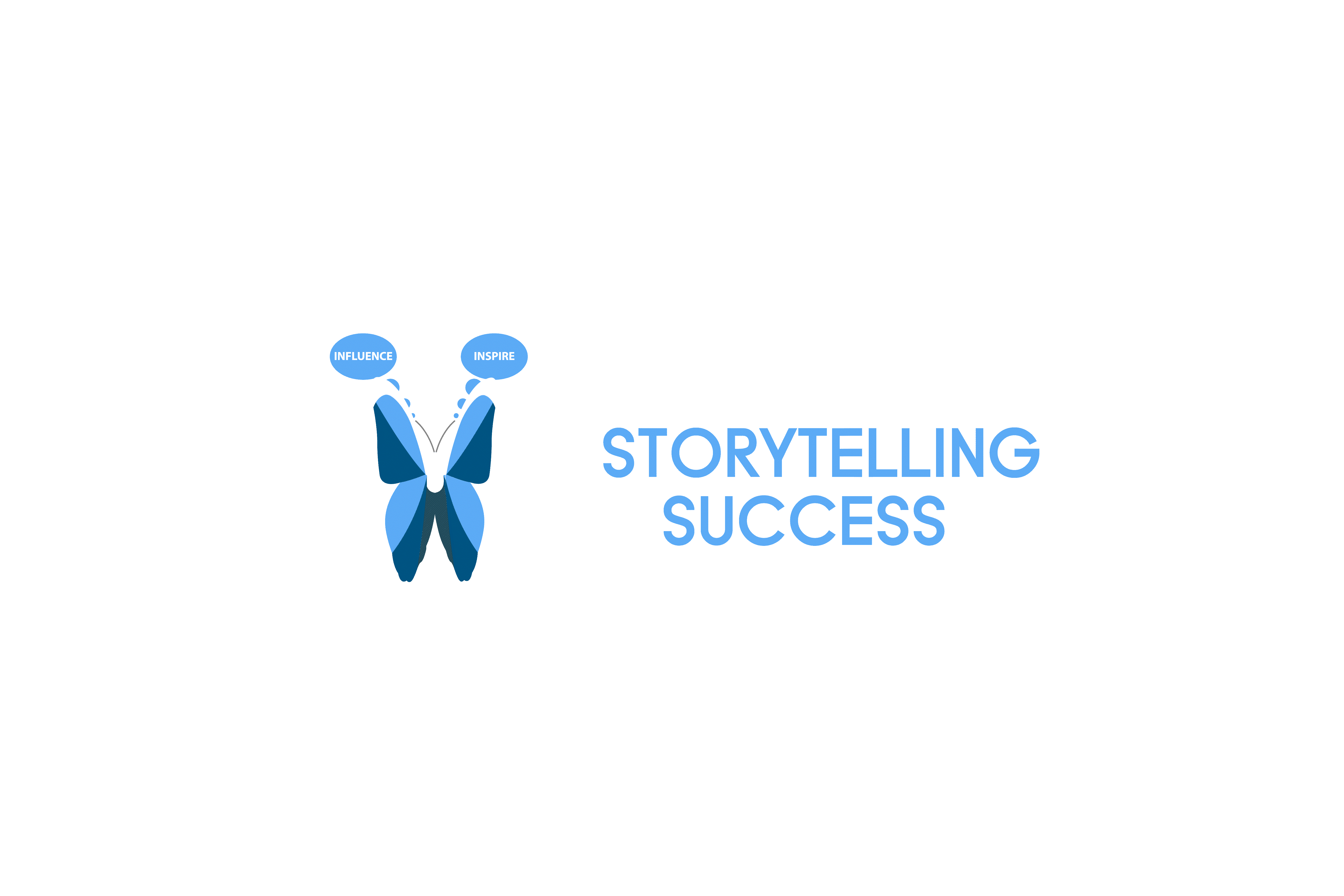The Science of Storytelling and How You Can Harness its Power
- David Ghodsizadeh

- May 28, 2023
- 3 min read
Updated: Oct 24, 2024
Storytelling has been considered an essential aspect of human communication for thousands of years. From ancient anecdotes passed down through generations to modern-day narratives in books and movies, stories have always held a special place in our hearts and minds. However, what may seem like a simple form of entertainment has a deep impact on the human brain.
In recent years, scientists and researchers have delved into the science of storytelling, uncovering its psychological and neurological effects. For leaders, understanding the science behind storytelling is crucial in leveraging its power to engage and inspire their teams. Together, let’s explore the fascinating connection between storytelling and the human brain, and how leaders can harness this knowledge to become more master communicators.
The Emotional Power of Stories
Stories have a unique ability to evoke emotions within us. When we listen to a compelling narrative, our brains become fully engaged. This is because stories activate not only the language-processing areas of the brain but also the sensory and motor regions. By triggering several of these regions, storytelling creates a multi-sensory experience that stimulates deep emotional responses from our audience.
Leaders learn to harness this emotional power by strategically incorporating storytelling into their communication strategies for maximum effect. Through the experience of being vulnerable and sharing personal anecdotes, leaders connect with their teams on a deeper level, fostering empathy and building trust. Empathy and trust are necessary pillars of high-performing teams.

The Neurochemical Impact
The impact of storytelling on the brain goes beyond emotions. Neurochemicals such as dopamine, oxytocin, and cortisol affect how we process and remember stories. Storytelling unlocks more areas of the brain than facts and figures and is more than 20x more memorable!
Dopamine, often associated with pleasure and reward, is released when we experience a satisfying story. This not only enhances our attention and focus but also makes the information more memorable.
Oxytocin, commonly referred to as the "trust hormone," is released during moments of emotional connection. When leaders tell stories that build empathy and shared experiences, oxytocin is released, developing trust and cooperation within teams. Read additional research conducted by Dr. Paul J Zak.
Cortisol, the stress hormone, can be reduced when we engage with positive and engaging stories. By reducing stress levels, leaders create a conducive environment for creativity, productivity, and effective decision-making.
The Power of Mirror Neurons
Mirror neurons are a fascinating aspect of the human brain that impact our ability to empathize with others. These neurons fire not only when we perform an action but also when we observe someone else performing the same action. When leaders share stories that depict certain behaviors or actions, mirror neurons in the brains of their team members are activated, leading to a shared experience. This phenomenon helps build a sense of unity, collaboration, and understanding.
Leaders leverage this power by using storytelling to model behaviors they wish to see within their teams, inspiring them to emulate positive actions and values. This is one way that transforms professionals into storytelling role models for others.
To explore additional research on mirroring, read this study by Greg J Stephens, Lauren J Stephens, and Uri Hasson.
Enhanced Learning and Retention
In addition to their emotional and neurological impact, stories have been found to significantly enhance learning and retention. When information is presented in a logical format, it becomes more engaging and easier to remember. This is because stories provide context, structure, and meaning to information, making it more relatable and relevant to the listener.
Leaders opportunistically incorporate storytelling into 1:1 sessions, customer presentations, and team meetings. By framing important concepts and messages within a convincing narrative, leaders ensure that the information is not only understood but also retained by their teams.
Embrace the Science of Storytelling
The human brain is hardwired for storytelling. Through practice and a better understanding of the psychological and neurological effects of storytelling, you can leverage this knowledge to effectively inspire and influence others. From evoking emotions and building trust to enhancing learning and fostering unity, storytelling is a versatile communication skill set to accelerate career advancement.
There is no better time than the present to invest in your success.
David Ghodsizadeh is the founder and storytelling coach at Storytelling 4 Success.




Comments